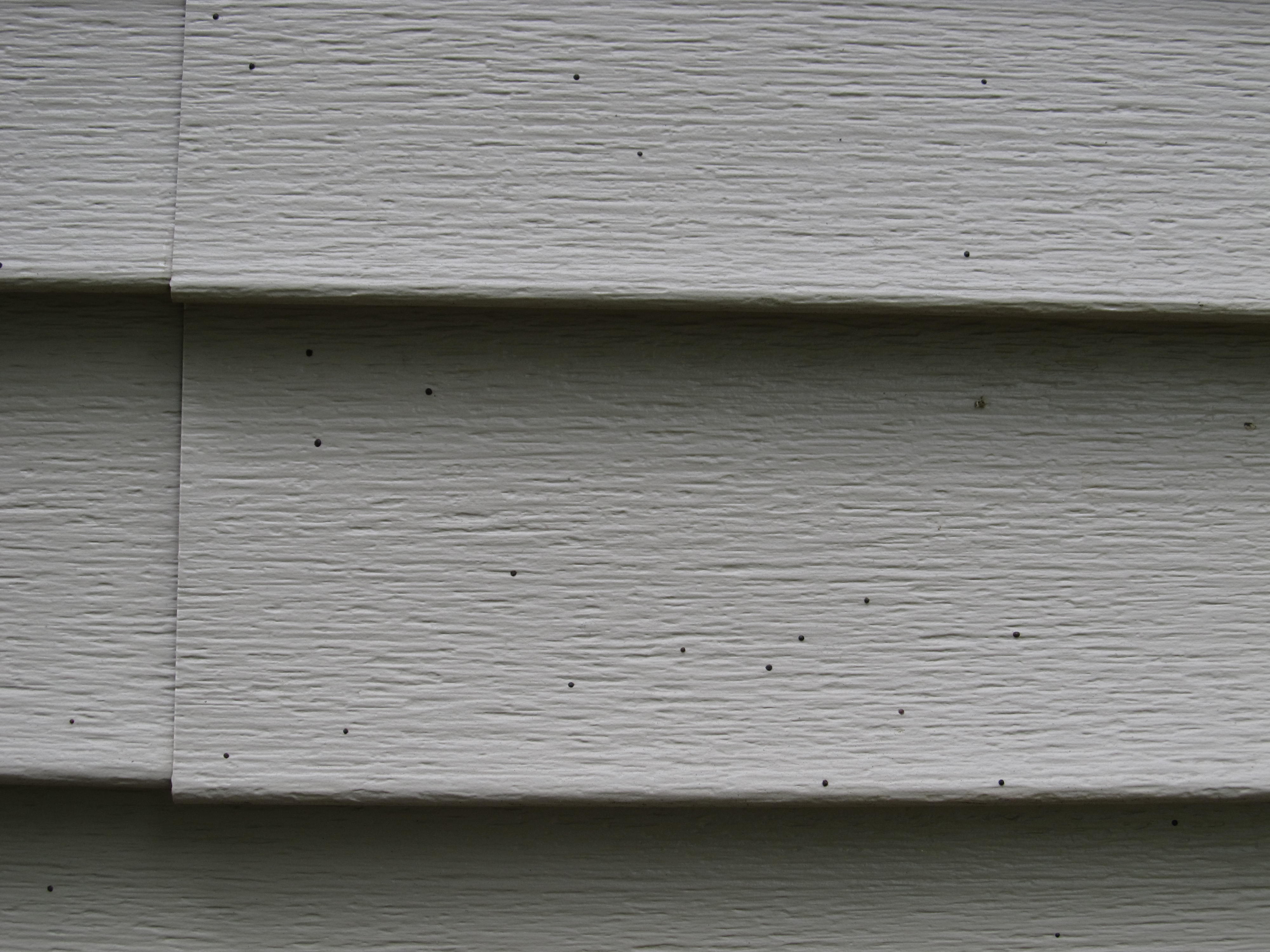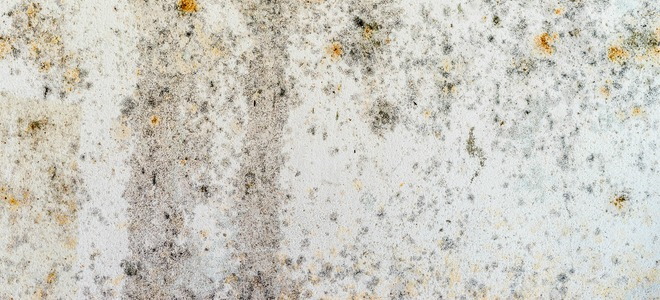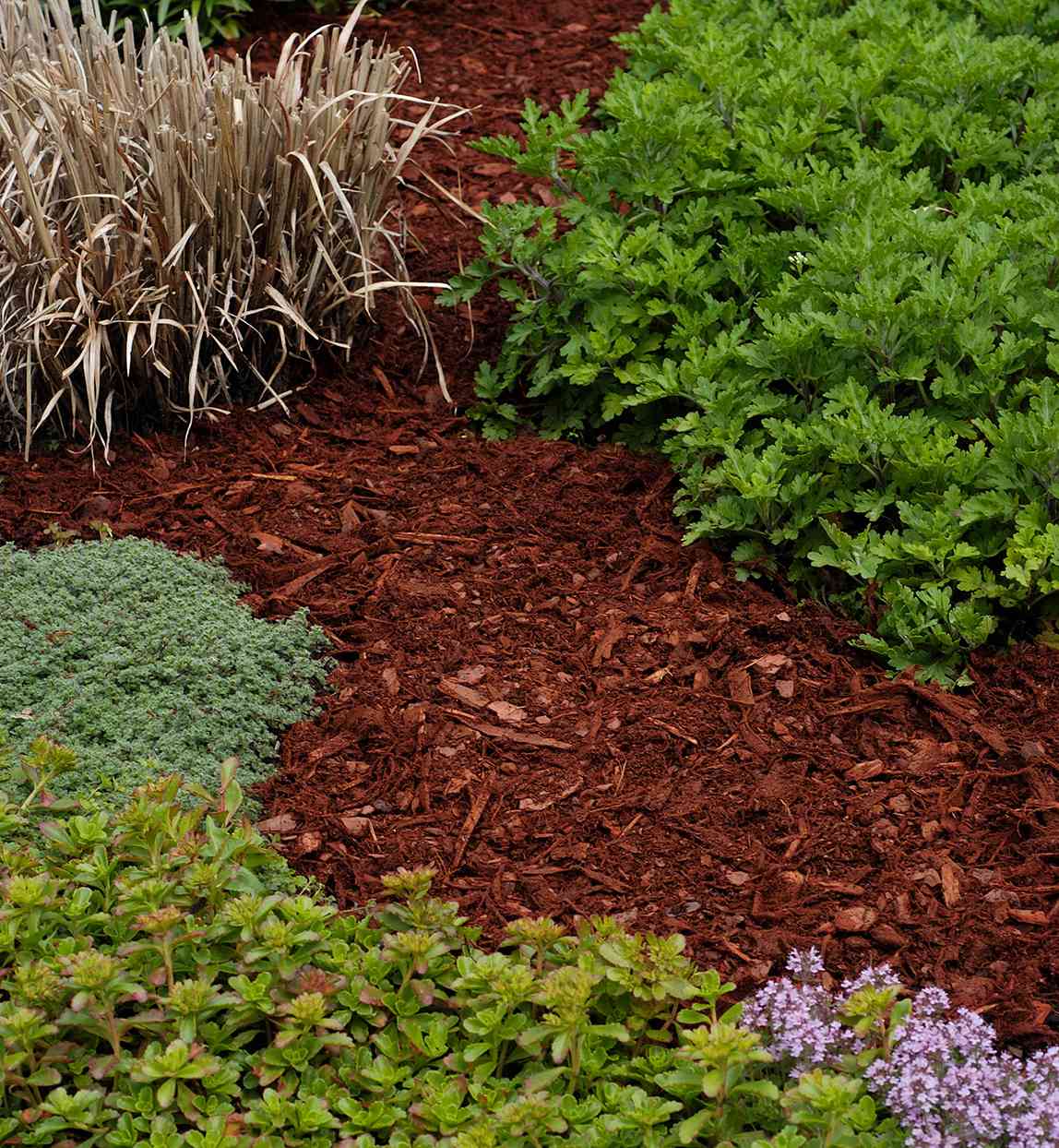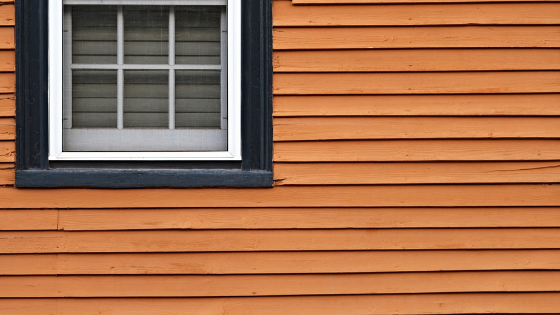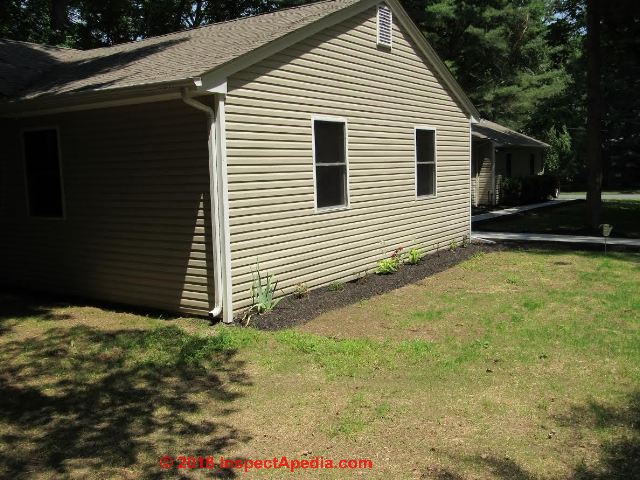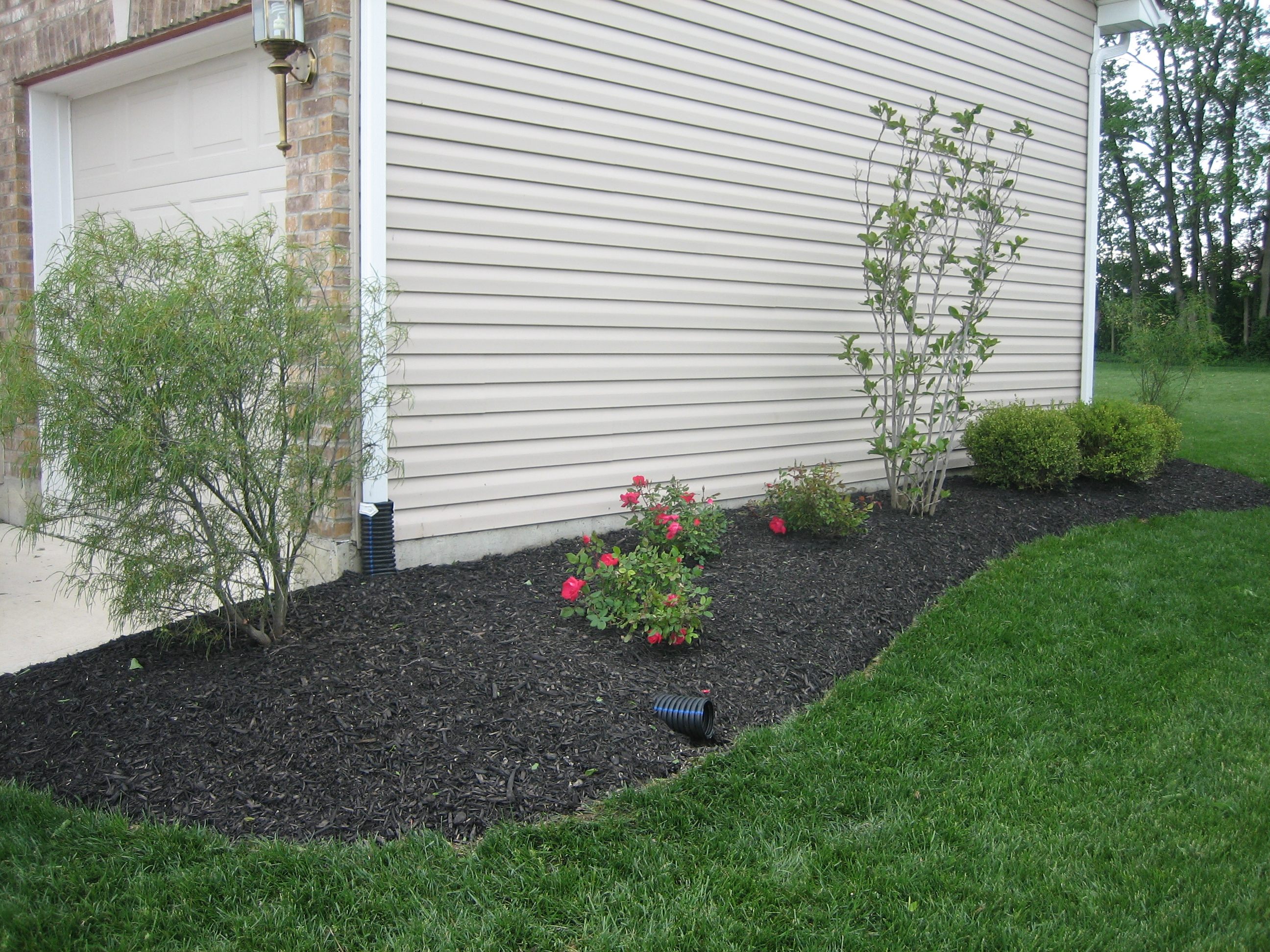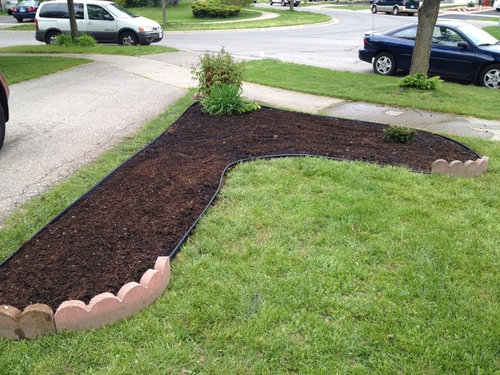Black Spots On Vinyl Siding Mulch

The black tar like spots that are all over your vinyl siding are more than likely a fungus called sphaerobolus stellatus better known as artillery or shotgun fungus.
Black spots on vinyl siding mulch. If you notice lots of tiny black or dark brown spots developing on your siding above a landscaped area of your yard as seen below it is most likely artillery otherwise known as shotgun fungus. Here is a photo of what the actual fungus that produces the black spores. You will find it nearly impossible to remove these spore masses from a home without removing the paint. In the absence of direct sunlight it shoots the spores at highly reflective surfaces such as white house siding.
Black spots on siding. Davis of penn state. The artillery fungus if sprayed with a week bleach and water solution will go away but if left unchecked it explodes and send these black particle 5 15 feet away from the source the mulch video how to get rid of spots on vinyl siding. The worst thing about this fungus is that it shoots spores up to 20 feet which often land on siding cars and anything else that surrounds the mulch.
These spore masses have a very sticky surface and stand out as black spots on sides of homes. Will they hurt my house like eat holes in my siding. What are these black spots on your house siding. Are those spots alive.
Shotgun fungus can shoot black spots on your house here s how to avoid the mess. And of course the black spots show up better on white surfaces so they are noticed more easily. If you re seeing dark specks on your siding the culprit could be hiding in your mulch. Use these simple landscaping tips to prevent this from happening.
Bet your boat will have spots too if you have one. The artillery fungus or shotgun fungus is a wood decay fungus that likes to live on moist landscape mulch. As these structures dry the spore mass is shot out of the fungal vessel to a distance as much as 10 or 20 feet. Here is what the spores look like on the vinyl siding.
These spots are often caused by spiders especially true when you re near water. Although it s most often found on the east coast it can grow anywhere and especially thrives in areas that have cool damp springs or rainy fall weather conditions.

